Meet Our Scientists
Learn more about the work and life of our scientists in a series of interviews.
Dr Mark Gray on large animal models of disease
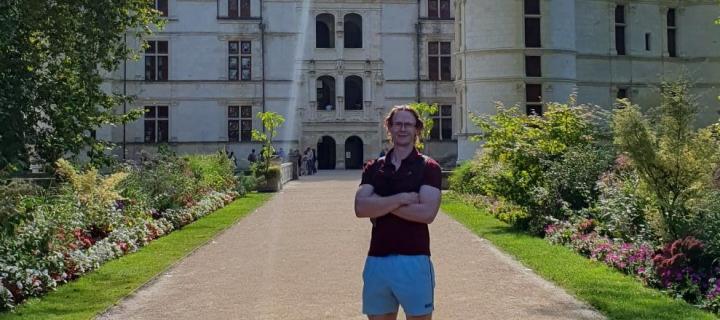
Dr Mark Gray is a veterinary surgeon who applies his expertise to develop and study large animal disease models. He tells us about his career path, the benefits of working in a novel area, and making a contribution to One Health research.
Dr Kate Sutton on immunology in chickens
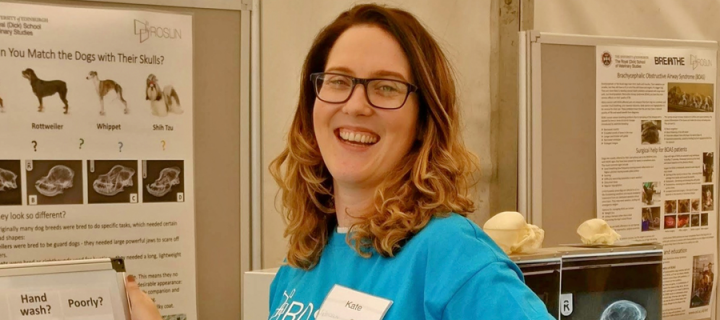
Forging a career in avian biology, filling gaps in fundamental understanding of immunology, and motivation from inspirational colleagues.
Dr Rachel Owen on parasite diseases in cattle

Finding treatment targets for parasitic diseases in sub-Saharan Africa, working with exotic species and advancing novel methods for transcribing the genetic code of animals.
Dr Ivan Pocrnic on applying mega-scale data sets to animal breeding
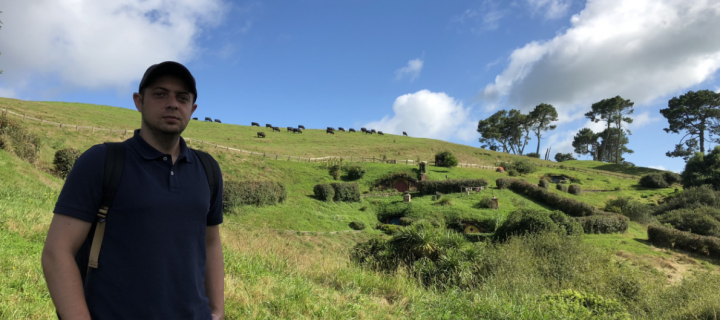
Developing a niche research area in statistical genetics to tackle the challenge of enabling sustainable livestock in a changing world.
Dr Lu Lu on diseases that leap from animals to humans
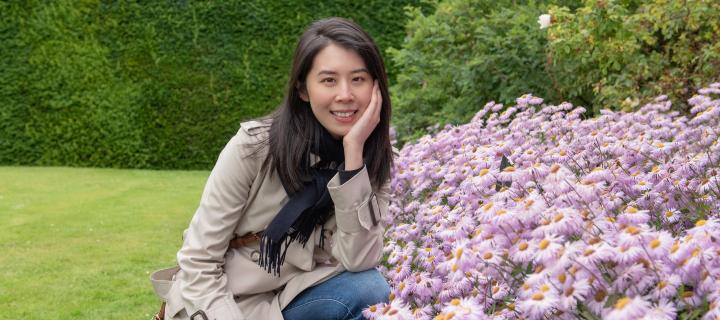
Tracking and predicting the spread of avian flu and other zoonotic diseases, switching career paths, and dreams of becoming an artist.
Professor Ross Fitzgerald on bacterial adaptation

Discovering how bacteria evolve and cause infection, bringing people together and juggling research and managerial responsibilities.
Dr James Glover on embryonic patterns
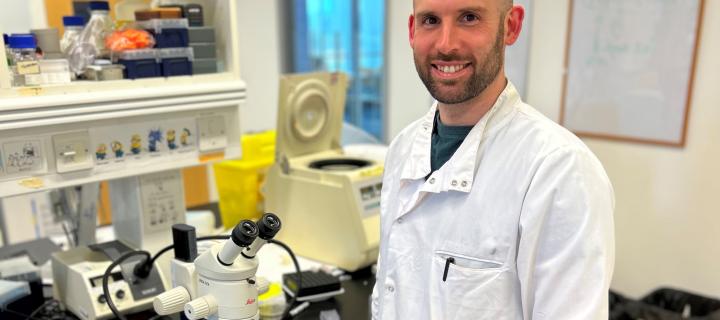
Understanding the fundamentals of embryonic pattern formation, receiving a Chancellor’s Fellowship from the University, and designing a multispecies study using chicken models.
Dr Laura Glendinning on studying microorganisms in poultry
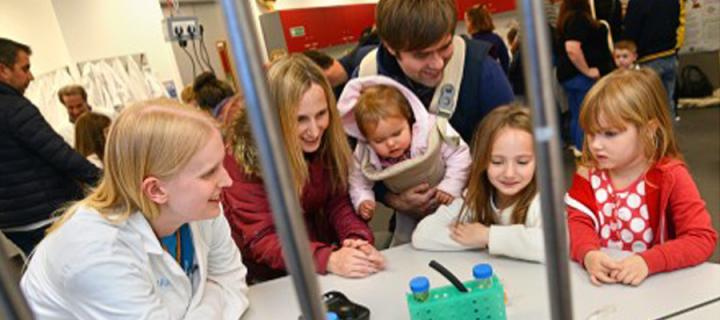
Researching communities of bacteria in animals’ guts, being awarded a Chancellor’s Fellowship by the University, and advocating for equality and inclusion on campus.
Dr Pieter Steketee on studying parasites affecting livestock
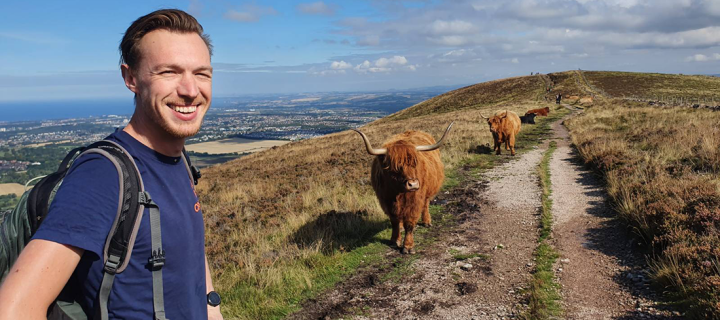
Pioneering parasitology research, a BBSRC Discovery Fellowship award and dreams of a heavy metal world tour.
Dr Emily Humble on wildlife conservation and genetics
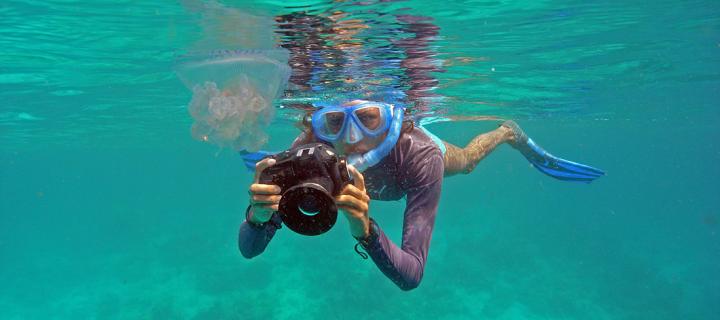
Using genetic analysis to aid in conservation management around the world, studying populations of manta rays, and polar adventures.
Dr Anthony Wood on data models of Covid-19 vaccine uptake

Developing hyper-specific data models, the boundaries between physics and epidemiology, and the freedom of being a scientist.
Dr Enrique Sanchez Molano on data analysis

Investigating genetics data, the value of maths, and supporting research careers.
James Nixon on management of farm estates

Supporting research studies from conception to application, and admiration for great team work.
Dr Joana Alves on bacterial infections
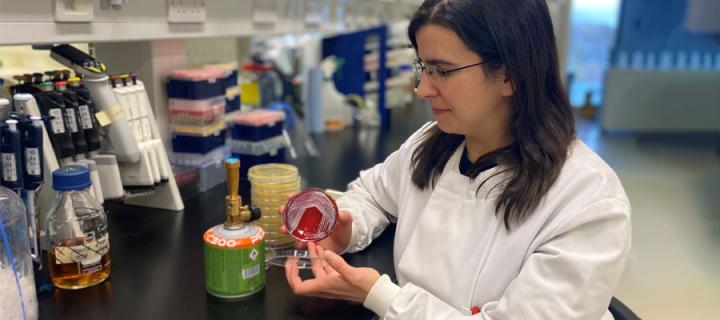
Understanding superbugs, using a board game for public engagement and cutting plastic use in labs
Professor Colin Farquharson on skeletal biology
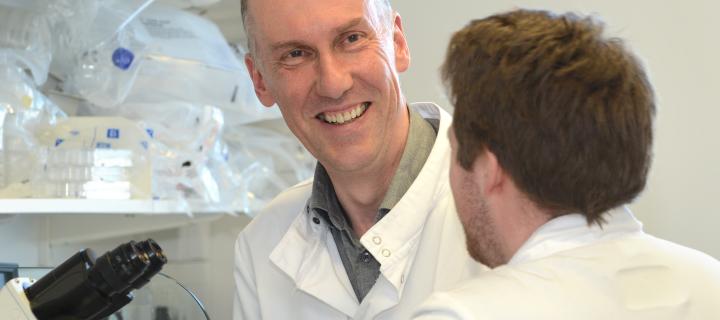
The journey from being a first generation university student to scientist and Director of Postgraduate Research.
Dr Kellie Watson on improving poultry DNA

Using genetic code information to understand the productivity of birds and helping women in disadvantaged communities.
Dr Cristina Esteves on adult stem cells in domestic species
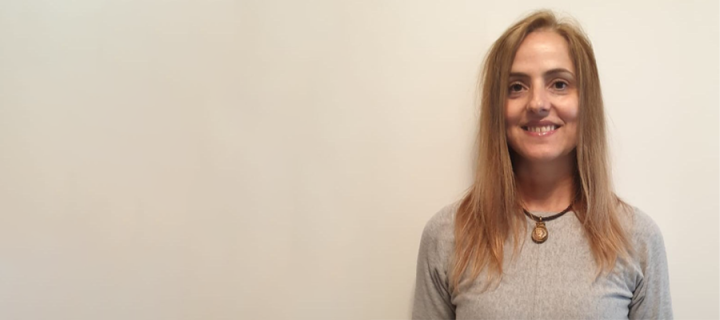
Understanding the biology of adult stem cells, their antimicrobial and tissue repair potential, and the importance of student supervision.
Professor Mick Watson on the livestock microbiome

The challenges of applying bioinformatics to make sense of genes, the value of networking, and the allure of funding free of politics.
Dr Tom Burdon on studying livestock in a dish
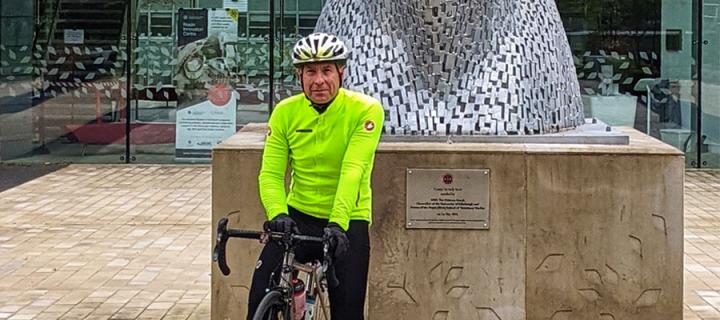
Understanding different immune responses in wild and commercial pigs, and being driven by a sense of adventure in research.
Dr James Prendergast on genetics of disease resistant cattle

The challenges of collecting data, enjoying job satisfaction, and finding inspiration in others.
Dr Sara Clohisey on patient genetics in acute illnesses
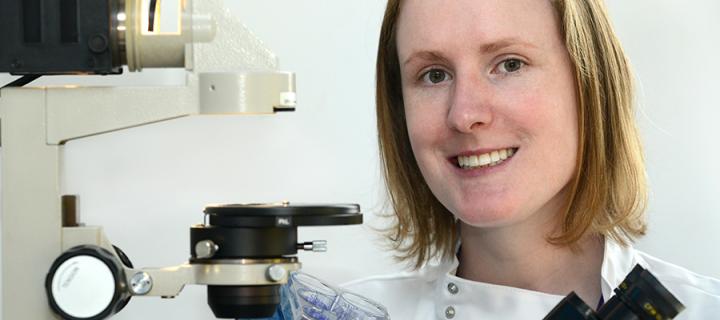
How DNA affects illness, disease life cycles and the motivation of caring for others.
Dr Simon Lillico on gene-edited livestock

Building better animal models to investigate human disease, producing healthier animals and enjoying nature.
Dr Eleanor Gaunt on respiratory viruses

Understanding the genetic code of viruses and communicating science during the Covid-19 pandemic.
Dr Oluyinka Opoola on sustainable dairy production

Using DNA insights to help improve livelihoods in developing African countries, and breaking down stereotypes.
Dr Jeffrey Schoenebeck on dog genetics and shapes
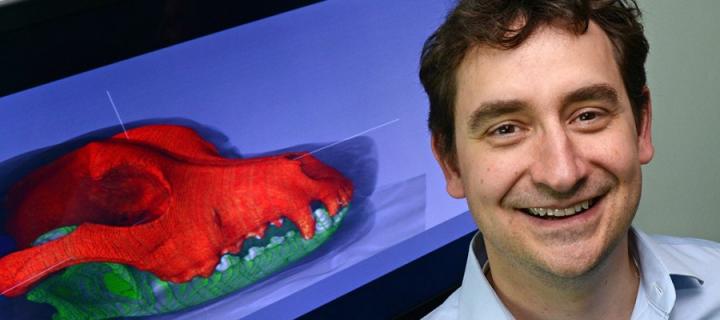
Understanding the genetics of body forms and diseases in dogs, and unusual work in museums.
Dr Nicola Stock on public engagement with science
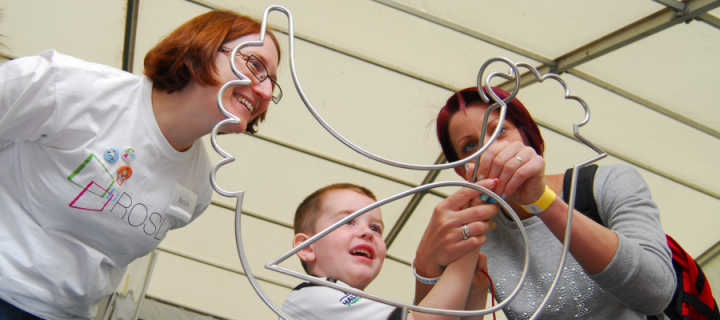
Developing scientific activities that appeal to a broad audience, and the dream of becoming a professional musician.
Professor Lonneke Vervelde on chicken health
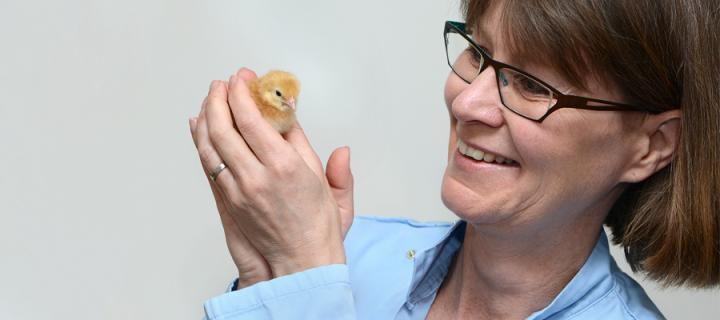
Using mini organs to understand chicken immunology and vaccines, and working away from her home country.
Dr Samantha Lycett on tracking outbreaks
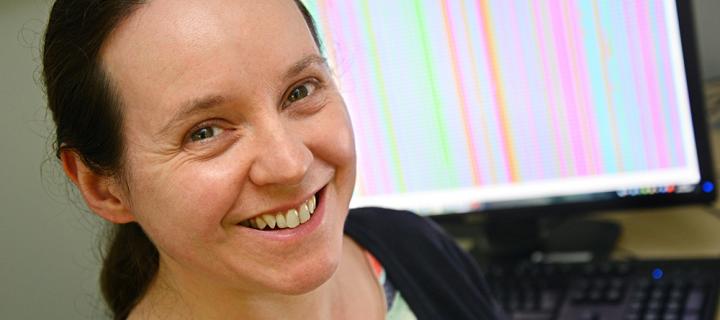
Understanding evolution and spread of viruses and bacteria, and contributing to tackle the pandemic.
Edith Paxton on assisting animal disease research
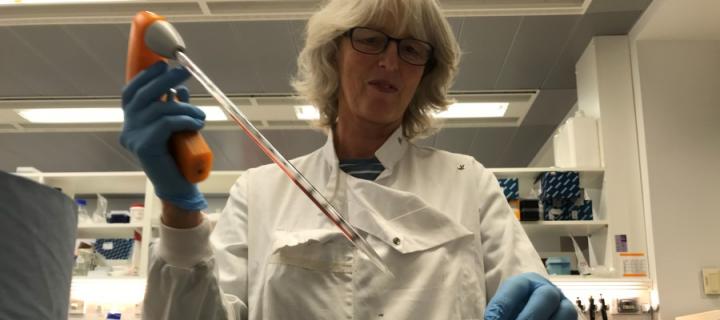
Supporting science experiments into a parasite that causes infection in cattle in sub-Saharan Africa, and a passion for hockey.
Professor Dan Macqueen on fish health and genetics

Understanding fish genomes and evolution, tackling viruses that infect salmon, and finding time for parenting and running.
Dr Abigail Diack on neurodegenerative diseases

Understanding how misfolded proteins can cause deadly diseases and why working at Roslin pushes you to go beyond your science.
Dr Tim Bean on oyster health
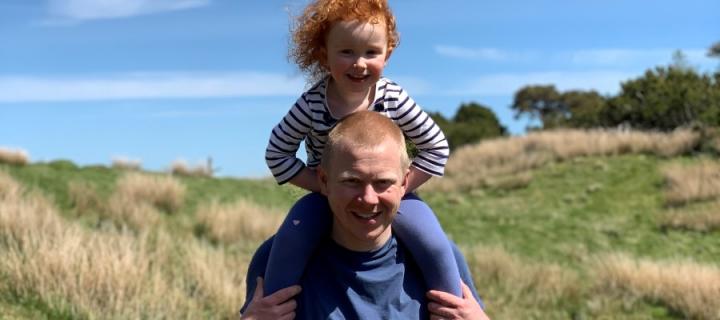
Preventing disease in species that have been around since the time of dinosaurs, and why at Roslin the world is your oyster
Dr Nicola Lynskey on disease-causing bacteria

Understanding the how one species of bacteria can be responsible for causing disease in humans, cows and fish
Dr Joe Rainger on the genetics of birth defects
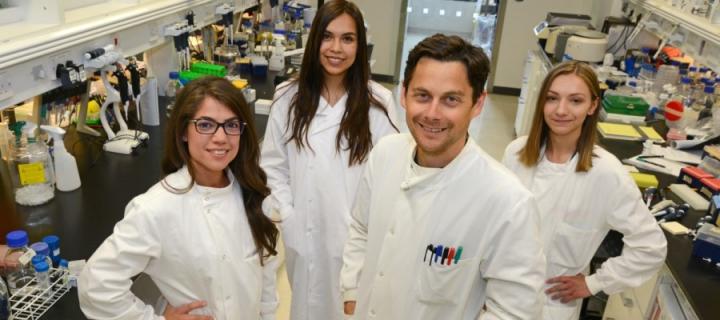
From cooking for the Spice Girls, to having his own research group investigating causes of congenital diseases.
Dr Jessica Martin on farm and lab animal welfare
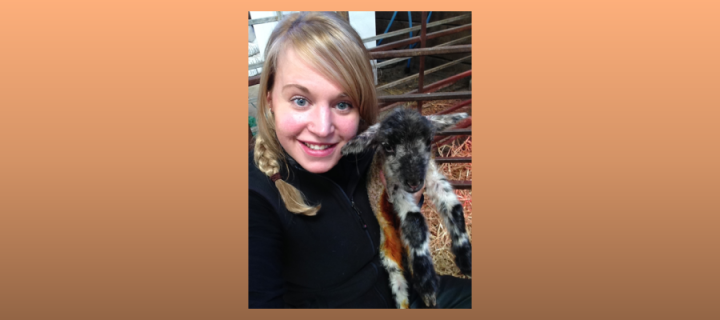
Improving the lives of farm animals, managing emotional challenges and working with a great team
Dr Gregor Gorjanc on breeding, even insects
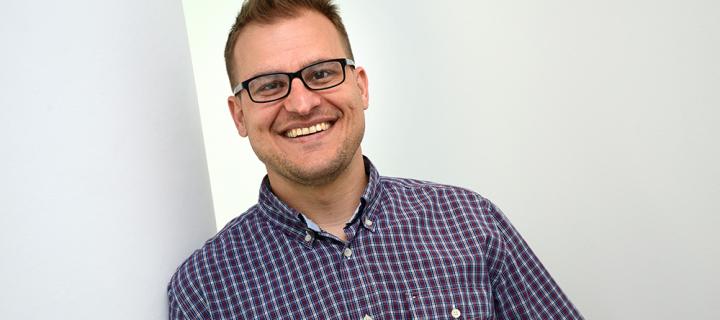
Applying maths in breeding and using insects as a source of protein.
Dr Diego Robledo on disease resistance in fish
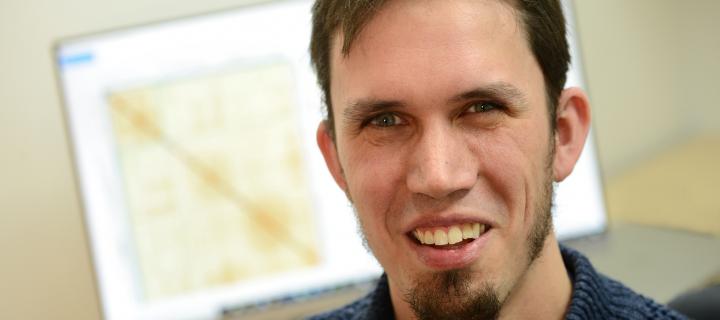
Disease resistance in salmon, its implications for fish farmers in Scotland, and not losing touch with nature.
Dr Jo Stevens on bacteria and the immune system
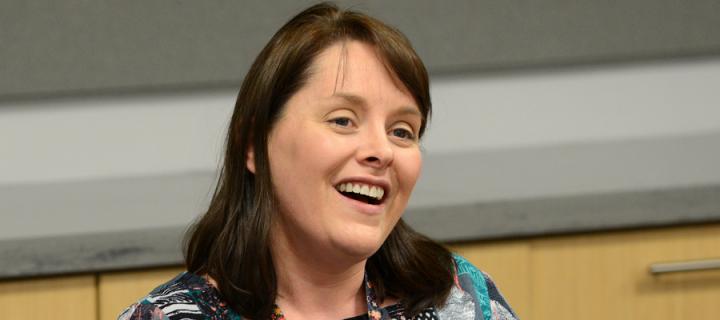
Investigating bacterial infections, how the immune system reacts to those and the reward of supervising students
Ruth Bekele on food product development
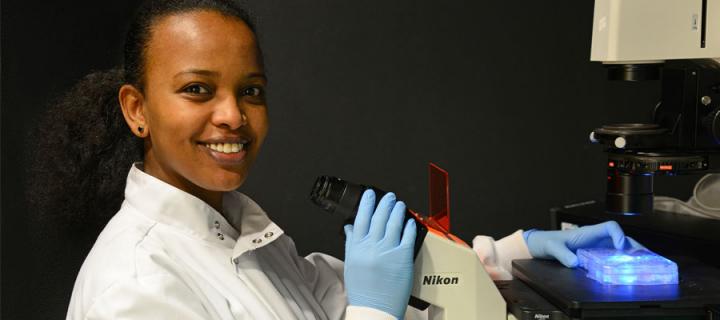
Championing women in science and realising a childhood dream of feeding the hungry
Dr Wude Tsega on tropical livestock production
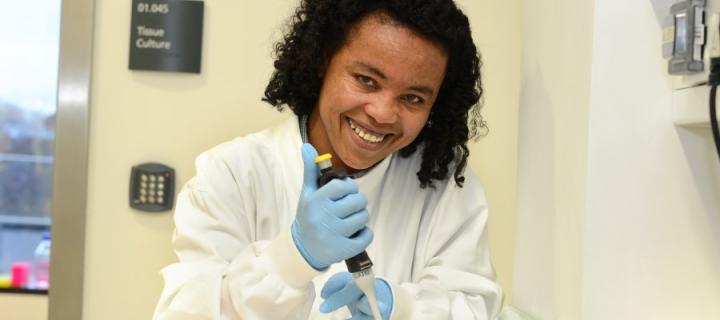
Growing up in a farming family, visiting Roslin, and using genomic techniques to improve the productivity of tropical livestock
Professor Carl Schmidt on heat stress genetics

Using gene editing to tackle heat stress in chicken and his sabbatical at the Roslin Institute.
Professor Rowland Kao on disease transmission networks
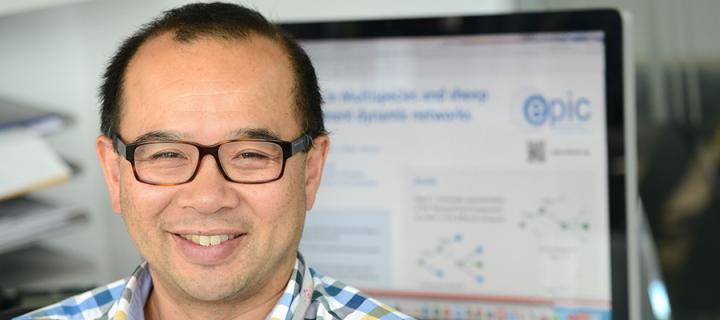
Modelling networks of transmission to better understand the spread of diseases.
Professor Simone Meddle on hormones and animal behaviour

Birds turning down their stress responses during breeding season, rats enjoying being tickled, and time-travelling.
Professor Ross Houston on aquaculture genetics
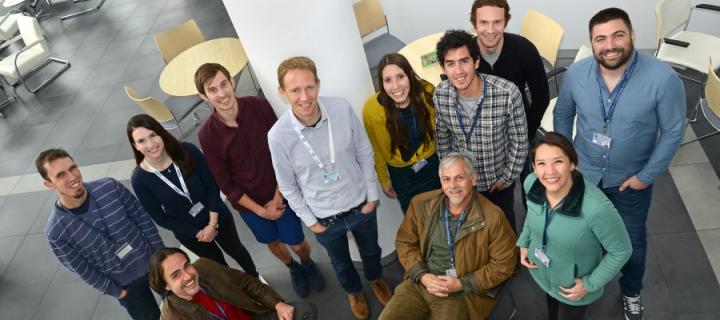
Genetic studies for improving disease resistance in aquaculture species, his experience of working with companies and running marathons
Professor Ian Dunn on understanding poultry health and welfare
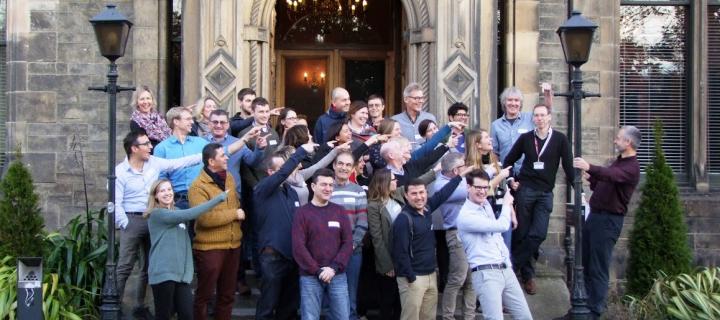
Understanding factors that influence health and development in chickens and eggs, and finding inspiration as a junior scientist.
Professor Jayne Hope on diseases of cattle
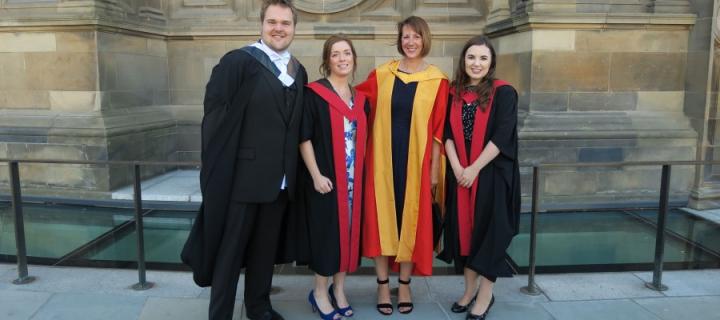
Developing new vaccines, investigating tuberculosis and integrating human and veterinary medicine.
Dr Finn Grey on the genetics of virology

The genetics of viruses and the people and animals they infect, and 42 years waiting to be part of the Scottish football team.
Dr Tim Regan on human immune cells

Using gene editing techniques to reveal information about immune cells, and sharing a life-long curiosity for science.
Dr Xavier Donadeu on stem cells and reproduction
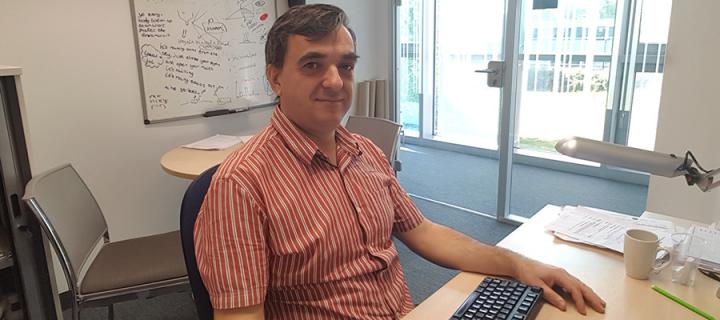
Research for more efficient livestock production, challenges of research funding and how he became a scientist.
Professor Mark Stevens on bacterial disease

Bacterial disease in animals and people, his role as Deputy Director for Research and some of life’s professional challenges.
Dr Jacqueline Smith on the genetics of birds

Birds as models for human disease, the genetics of resistance, a paper accepted right away and her dream of being a famous Egyptologist.
Dr Fiona Houston on transmission of prion diseases

Prion diseases in animals and people, blood transfusions, commonalities with Alzheimer’s and Parkinson’s and her love for gardening.
Dr Gerry McLachlan on cystic fibrosis

Choosing the best model to evaluate gene therapy strategies for cystic fibrosis in humans and his dream of being Kenny Dalglish.
Dr Musa Hassan on host-pathogen interactions
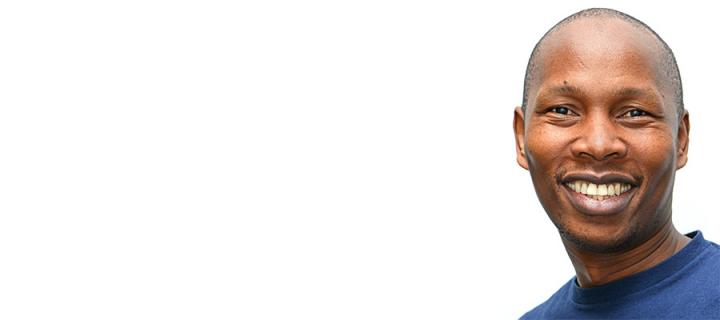
Why some individuals get sick while others don’t, challenges in science, drug development, and similarities between science and law.
Professor Andrea Wilson on the genetics of disease and behaviour

Using maths in genetic research, a dream of informing breeding programmes, dealing with rejection and garden landscape.
Dr Pam Wiener on the genetics of complex traits in animals

The influence of genes in animal traits, maths for biology, the secret dream of becoming a writer and her love for science.
Positive male role models at the Institute

To celebrate International Men's Day, a number of our male scientists raise awareness and give men and children good positive role models to look up to.
Dr Emily Clark on genes with a function

The genetics of tropical adaptation, advances in genome sequencing, colourful lambs and her love of animals.
Dr Megan Davey on how embryos grow
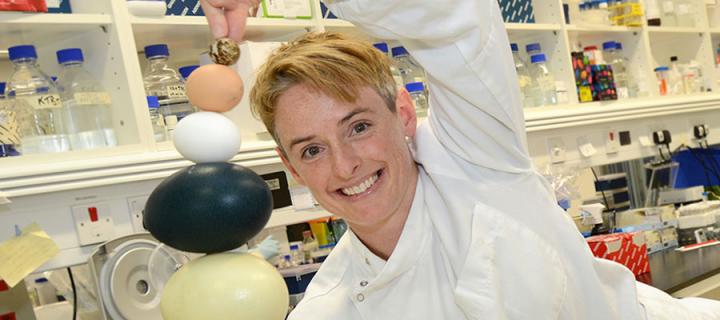
Why we have five fingers, recreating 250 million years of evolution, Sonic Hedgehog and the wish of being a fiction writer.
Celebrating Ada Lovelace: Female computer scientists at Roslin

Computer models to investigate Salmonella, anti-inflammatories, microbes, animal health and genetic differences between men and women.
Dr Rob Ogden on conservation genetics

How genetic research helps wildlife conservation, the importance of involving communities and his dream of being a football player.
Dr Andy Law on bioinformatics

The difficulties of explaining coding best practice to biologists, applications in genetic research and a potential career as sports professional.
Dr Vicky MacRae on bone formation and calcified arteries

Similarities and differences of bone formation and calcified arteries, and the importance of a happy work environment.
Professor Helen Sang on the importance of chicken research
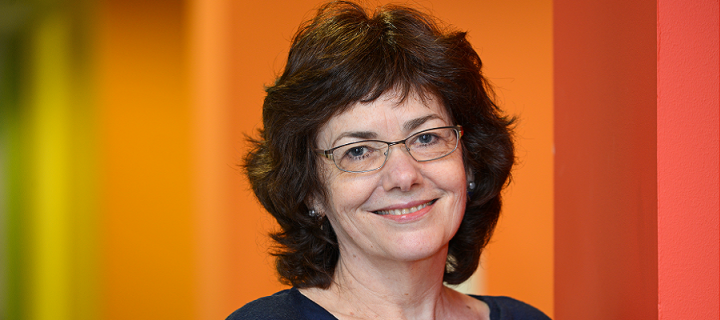
Insights into embryo development, genome-editing for chicken health and the importance of engaging with the public.
Dr Mark Barnett on the genetics of bees
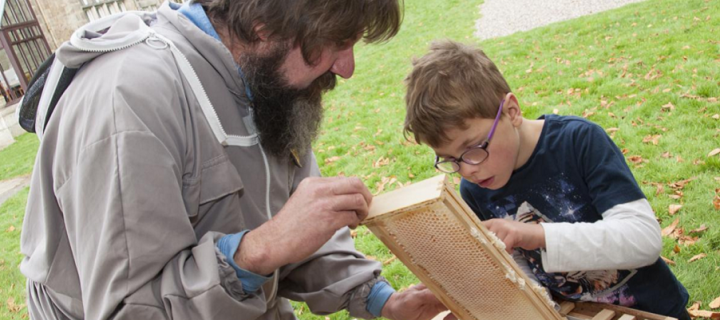
The creation of the campus apiary and how whole genome sequencing, bioinformatics and breeding could help honey bee health.


